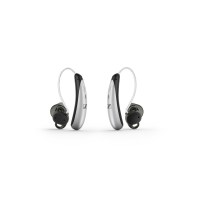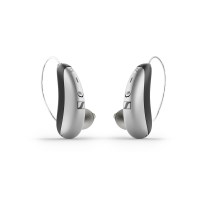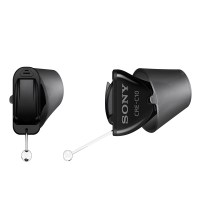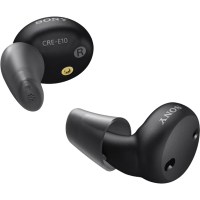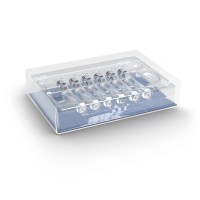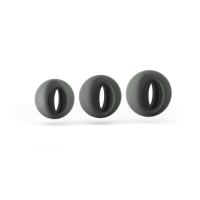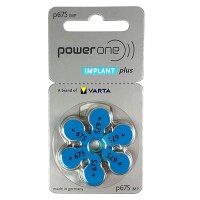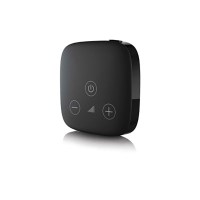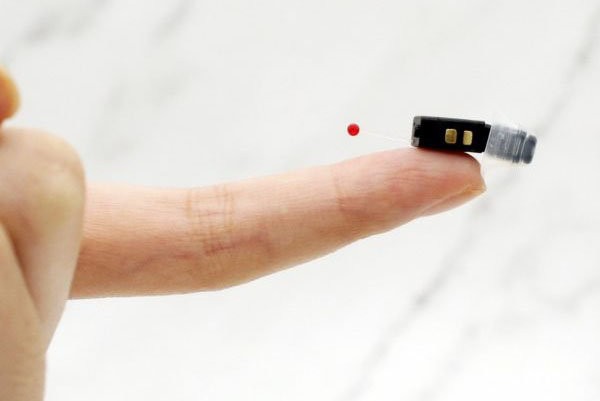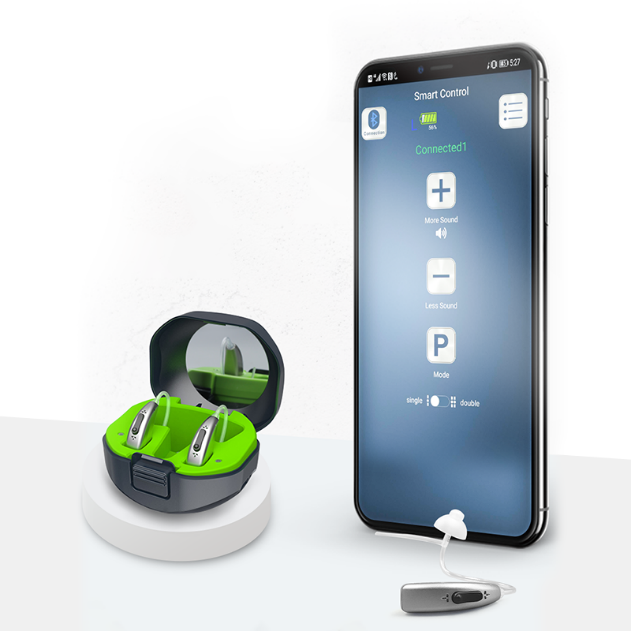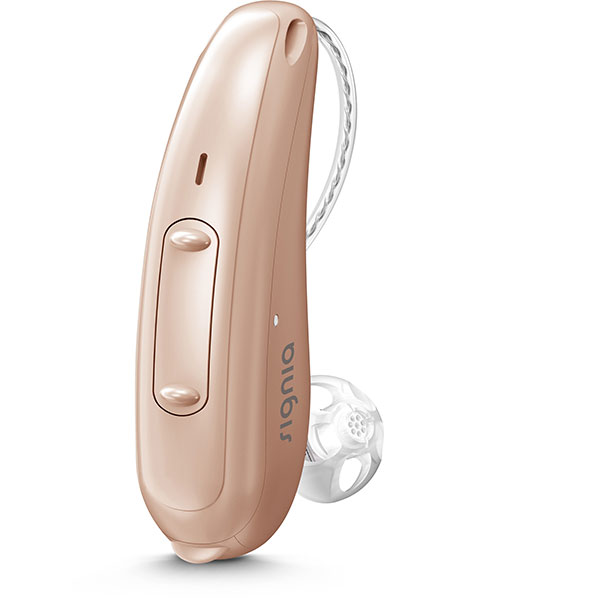There are numerous ways that you can maximize your success with hearing aids. No one wants to get hearing aids voluntarily. People get hearing aids because they need to hear better. Below are some things you can do to maximize your hearing aid benefit.
Wear your hearing aids.
The best chance of getting used to your hearing aids is to actually wear them. Now, this sounds simple, but there are actually neural benefits to wearing your hearing aids. When someone has hearing loss and gets hearing aids but only wears them sporadically, they are not giving their brain a chance to adapt or get used to hearing again. The more you wear your hearing aids, the easier it will be to get used to having better hearing.
Wear two hearing aids, not just one.
There are many benefits to wearing both hearing aids instead of just one. This is called the binaural advantage. You can find out more about binaural advantage by checking out this article (insert a hyperlink to the article)
Return for follow-up appointments.
When getting hearing aids, it’s not just one appointment and forgetting it. Follow-up is crucial to ensure that the hearing aids are comfortable in your ears and that the hearing setting is right for you and your various noise environments.
Technology level impacts hearing aid performance.
Understand that by compromising on technology levels in order to save money or to ‘try them out,’ that you should also expect to compromise on how well you hear speech in noise. I like to compare hearing aids to modes of transportation; a bike and a car can both get you from point A to point B. A hearing aid at any technology level can be expected to help you hear. However, it may not perform as well when trying to help you hear background noise, especially when background noise is people talking.
This is not a matter of trying to sell a more expensive hearing aid. This is a matter of knowing what the technology level that you settle on is capable of. If you are not often in groups and in noisy environments, then it may make sense for you to get a premium or advanced level of technology. But if you decide to choose a different level, manage your expectations accordingly.
Not sure which level of technology to settle on? Book an appointment today.
Manage your expectations
When someone has sensorineural hearing loss, nothing can restore your hearing to normal. Hearing aids may come close, but they will not restore your hearing. To that end, understand that hearing in noise is always going to be challenging. Look around when you’re in a noisy environment. Are people who don’t wear hearing aids struggling to hear, too? Are you the only one having to ask others to repeat what they said? If not, then know that the environment is difficult, even for people with normal hearing. Hearing aids help, but they do not perform miracles.
Don’t give up
Hearing loss is gradual, and hearing aids are instantaneous. It takes, on average, seven to ten years for someone to do something about their hearing loss. It takes years for it to become apparent that hearing loss is interfering with a person’s life. That’s because hearing loss is gradual, and the effects usually worsen over time. Just because hearing aids are put on and worn in a one-day fitting doesn’t mean your brain will get used to them that quickly. Your brain had years to adapt to the hearing loss. Similarly, it will take time for your brain to get used to having the sound again.
Use other strategies
In addition to wearing hearing aids, there are many other strategies that you can use to improve how well you communicate with others in groups. Make sure the lighting is good, so you can maximize using visual cues such as lip reading and hand gestures to give context. Reduce background noise when possible. For example, wait to run the dishwasher or wash the dishes in the sink until dinner is finished and others have left the room. By reducing the background noise from water running, you are increasing your chances of hearing and participating in conversations better. And lastly, don’t try to hold a conversation from another room. If your significant other tries to speak to you from another room, remind them that you can speak and engage with them in a minute, and then allow yourself the benefit of being in the same room. Volume, or sound intensity, is decreased by distance. By removing the distance factor, you’re increasing how well you can hear conversations.
Embrace the change
This is, I think, the hardest aspect of getting hearing aids. Many people view getting hearing aids as a visible and tangible sign of aging and getting old. Rest assured, many young people wear hearing aids. But even more than that, wearing hearing aids is not a sign of aging. It’s symbolic of taking care of yourself, and it’s an act of love for yourself and a gift that you can give to the people you live with. It’s all a matter of perspective. If you view it as a gift to yourself, then you can more easily embrace the process of using your hearing aids.
Learn how to clean your hearing aids
Monitor for earwax. This may seem elementary, but it’s important to note that one of the biggest reasons that someone complains that their hearing aids aren’t working is due to earwax, either plugging the ear canal or the hearing aid wax guard. By learning how to clean the hearing aids, you will be able to address simple problems that can crop up from earwax. The hearing aids may seem delicate, but they are hardy little devices. Even with thick fingers, you can manage to change a wax guard. The time investment will save you time and frustration. Also, keep in mind that when you go for a health check-up, have your provider check your ears for earwax buildup.
Hearing loss is more noticeable than hearing aids.
You may not realize it, but hearing loss is not invisible to the people around you. When you get hearing aids, you are allowing yourself the best opportunity to hear others in quiet and group conversations. If you have vision problems, you get eyeglasses. The same is true for hearing loss. Hearing aids help.
To learn more ways to improve your hearing, give us a call today.

